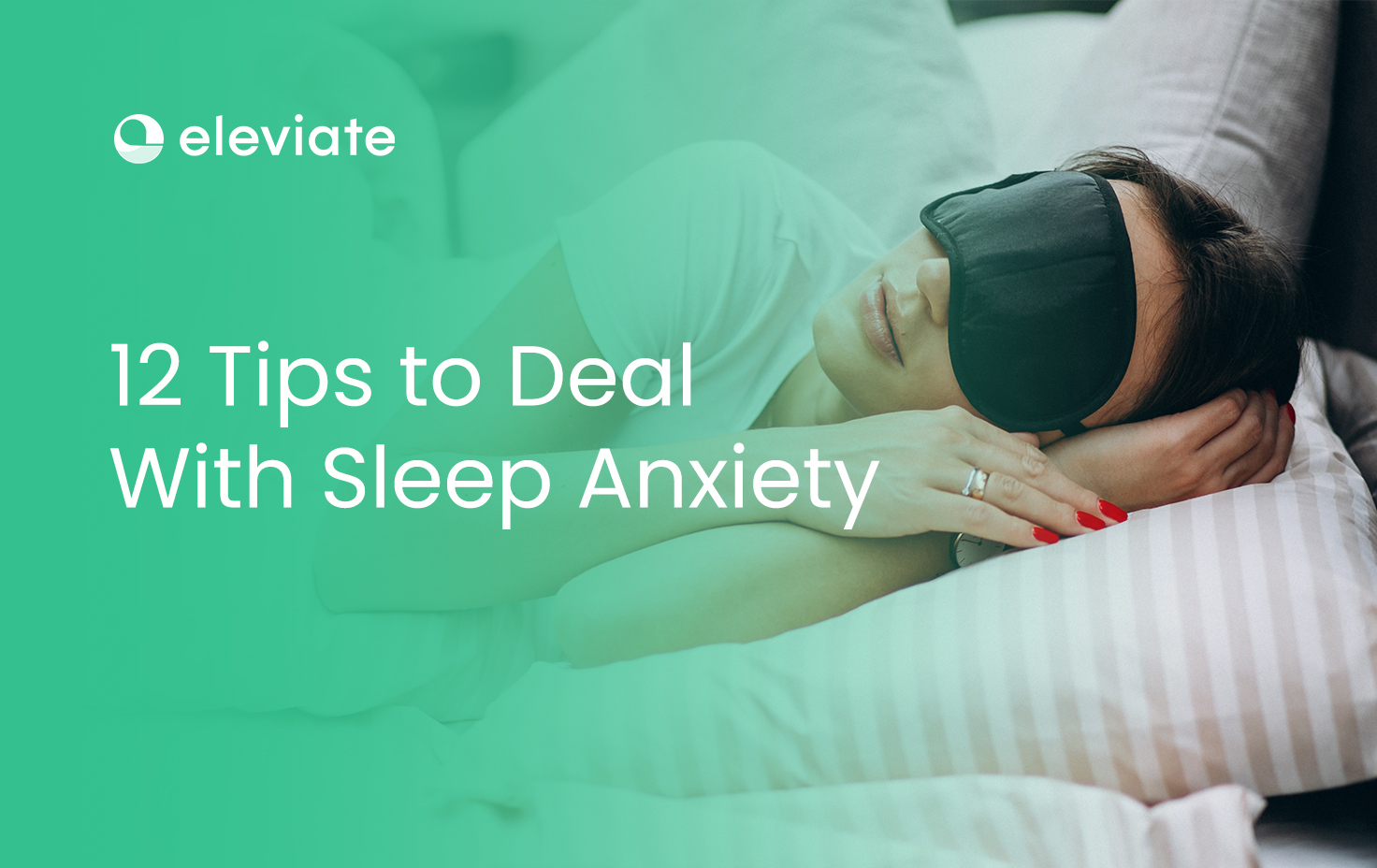Your body has a unique way of reacting to anxiety. Anxiety manifests as physical symptoms like a racing heart or sweating. For others, anxiety is more psychological, causing them to feel restless or on edge. And for some people, anxiety can make it difficult to fall asleep or stay asleep.
If you're one of the many people who struggle with sleep anxiety, you know how frustrating and exhausting it can be. Constantly worrying about falling asleep (or not being able to fall back asleep if you wake up in the middle of the night) can take a toll on your mental and physical health. This guide explains some of the most common causes of sleep anxiety and offers tips for calming down at night so you can get the rest you need.
What Is Sleep Anxiety?
Sleep anxiety is a type of performance anxiety. It happens when you're worried about sleeping well. This can include worrying about falling asleep, staying asleep, or both. Sleep anxiety can also cause you to worry about the consequences of not getting enough sleep, such as being tired during the day.
For some people, sleep anxiety is a short-term problem that goes away on its own. But for others, it can become a long-term issue that leads to chronic insomnia and other health problems.
There are two main types of sleep anxiety:
Primary insomnia: When anxiety about sleep is the leading cause of your sleep problems, it is called primary insomnia.
Secondary insomnia: Secondary insomnia is when anxiety about sleep is a symptom of another underlying health condition or sleep disorder, such as depression, pain, or restless leg syndrome.
Sleep Anxiety Symptoms
Sleep anxiety symptoms can vary from person to person. Some people may only have mild symptoms, while others may have severe symptoms that make it difficult to function during the day. Common sleep anxiety symptoms include:
Difficulty falling asleep.
Waking up frequently during the night.
Waking up early in the morning.
Feeling tired during the day.
Difficulty concentrating.
Irritability.
Anxiety attacks.
Sweating.
Rapid heart rate.
Shortness of breath.
Headaches.
Why Do I Get Anxiety at Night? Main Reasons
Many different factors can contribute to sleep anxiety. The most common causes include:
#1 Stress
Stress is one of the most common causes of sleep anxiety. When you're stressed, your body produces stress hormones such as cortisol. These hormones can make it difficult to fall asleep and stay asleep.
#2 Poor Sleep Habits
Poor sleep habits can also contribute to sleep anxiety. For example, if you don't have a regular sleep schedule or if you frequently change your sleep schedule, it can be harder to fall asleep and stay asleep. Additionally, if you often use electronic devices in bed or drink caffeine late at night, this can disrupt your sleep and lead to anxiety about sleeping.
#3 Anxiety Disorders
Anxiety disorders are another common cause of sleep anxiety. Anxiety disorders are mental health conditions that cause symptoms of anxiety. Some of the most common anxiety disorders include generalized anxiety disorder, social anxiety disorder, and panic disorder. If you have an anxiety disorder, you may be more likely to experience sleep anxiety.
#4 Sleep Disorders
Sleep disorders are another possible cause of sleep anxiety. Sleep disorders are medical conditions that make it challenging to get enough restful sleep. Some of the most common sleep disorders include insomnia, sleep apnea, and restless leg syndrome. You may be more likely to experience sleep anxiety if you have a sleep disorder.
#5 Medications
Certain medications can also cause or worsen sleep anxiety. For example, stimulants such as Adderall and caffeine can make it harder to fall asleep and stay asleep. Additionally, some antidepressants and blood pressure medications can also cause sleep anxiety. If you're taking medication, talk to your doctor about whether it could contribute to sleep anxiety.
Tips for How to Calm Down at Night
You can do several things to calm yourself down at night and get the rest you need. But first, try some of the following tips.
1. Practice Healthy Sleep Hygiene
Sleep hygiene is the term for habits and behaviors that promote a good night's sleep. Be mindful of what you do before bedtime, and ensure you're doing things that will help you fall asleep and stay asleep. Here are some habits that can promote healthy sleep hygiene.
Avoid Caffeine Late at Night
Caffeine is a stimulant that can make it harder to fall asleep and stay asleep. Avoid caffeine entirely in the late afternoon and evening if you're sensitive to caffeine. Otherwise, limit your intake to no more than 200 milligrams (about 2 cups of coffee) after 3 p.m.
Avoid Alcohol Before Bedtime
Although alcohol may make you drowsy, it disrupts sleep later in the night. Therefore, avoiding alcohol in the evening and before bedtime is best.
Avoid Electronic Devices in Bed
The light from electronic screens can disrupt your body's natural sleep rhythm. Additionally, the stimulating content of many electronic devices can make it harder to fall asleep. To promote healthy sleep, avoid using electronic devices in bed and for at least an hour before bedtime.
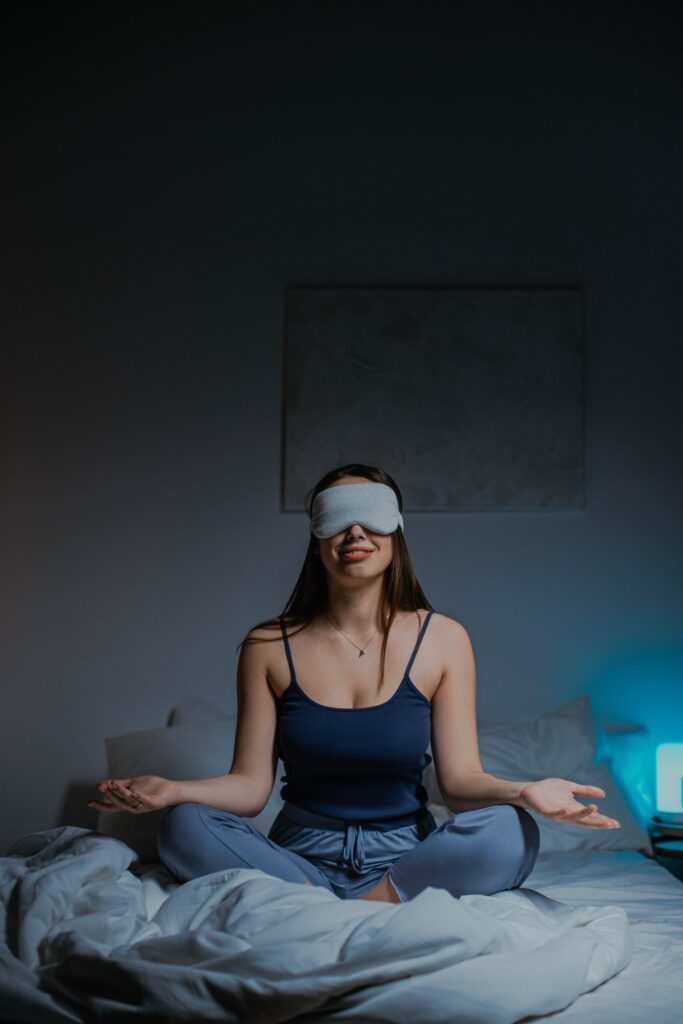
2. Meditate or Practice Deep Breathing
Meditation and deep breathing are relaxation techniques that help ease anxiety and promote sleep. To meditate, find a comfortable place to sit or lie down. Close your eyes and focus on your breath. Slowly inhale and exhale, letting your mind clear of all thoughts. If your mind wanders, gently bring it back to your breath. You can practice meditation for as little as 5 minutes at a time.
Deep breathing is another relaxation technique that can help with anxiety and promote sleep. To do deep breathing, sit or lie down in a comfortable position. Next, put one hand on your stomach and the other on your chest. Slowly inhale through your nose, allowing your stomach to expand. Then slowly exhale through your mouth. Repeat this breathing pattern for 10 minutes.
3. Practice Progressive Muscle Relaxation
Progressive muscle relaxation is a technique that can help you ease anxiety and fall asleep. To do progressive muscle relaxation, sit or lie down in a comfortable position. Then, slowly tense and relax each muscle group in your body, working from your toes to your head. Once you've tensed and relaxed all the muscle groups in your body, take a few deep breaths and let yourself drift off to sleep or write in a journal.
Besides helping you sleep well, these habits can also improve your mental and emotional health. For instance, you're more likely to feel depressed and anxious if you have trouble sleeping. Conversely, you may find it harder to sleep if you're struggling with depression or anxiety. You can break this cycle of poor sleep and mental health when you practice muscle relaxation, deep breathing, and other relaxation techniques.
4. Watch Your Diet
Most people don't know this, but what you eat can affect how well you sleep—for example, eating a large meal before bedtime can make sleeping harder. The reason is that you may feel discomfort or have trouble digesting the food. This issue may force you to wake up at night or prevent you from falling asleep in the first place.
Additionally, certain foods and drinks can contain caffeine or other stimulants, making it harder to sleep. Examples include coffee, tea, soda, chocolate, and energy drinks. If you're having trouble sleeping, avoid these foods and beverages at least six hours before bedtime.
Finally, some people find that eating a light snack helps them sleep. If you're hungry at night, try eating a small portion of carbohydrates with protein. For example, you could have a slice of whole-wheat toast with peanut butter or yogurt.
5. Get Some Exercise
Exercise is another activity that can promote better sleep. When you exercise, your body temperature rises. This increase in temperature may help you feel sleepy when it's time to go to bed.
It's best to exercise earlier in the day, however. If you exercise too close to bedtime, you may have trouble falling asleep. Also, avoid vigorous exercises that may trigger a "fight-or-flight" response. This response can make anxiety worse and make it harder to sleep. Some ideal exercises to reduce anxiety and help you sleep better are:
1. Swimming
This exercise is a great way to reduce anxiety and improve sleep. The water can help you feel relaxed, and the movement can help tire you out.
2. Yoga
This exercise combines deep breathing with physical activity. It can help relax your mind and body, making it easier to fall asleep.
3. Walking
Walking is a low-impact exercise that can help you wind down before bedtime. It's also a great way to get some fresh air and sunlight during the day.
6. Establish a Bedtime Routine
A bedtime routine can signal your body that it's time to sleep. This routine should involve calming activities that prepare you for sleep.
Some ideas for activities are: reading, taking a bath or shower, doing relaxation exercises, writing in a journal, and stretching.
It's also essential to establish a regular sleep schedule. This means going to bed and waking up at the same time each day—even on weekends. This regularity can help improve your sleep quality.
To ensure your bedroom is conducive to sleep, keep it dark, quiet, and relaxed. You may want to use blackout curtains or an eye mask to block out light. And if you live in a noisy area, consider using a white noise machine or earplugs to block sound.
Additionally, you should avoid watching television, working on the computer, or using your phone in bed. The light from these screens can interfere with sleep. If you can't avoid using screens at night, try wearing blue-light-blocking glasses.
7. Manage Stress
Stress hormones can make it difficult to sleep. You may find that you spend so much time worrying that you can't fall asleep. However, you cannot manage stress if you don't know your stressors. Some everyday stressors are:
1. Work
If your work environment is stressing you out, talk to your boss. You may be able to adjust your workload or schedule. For instance, suppose you have an unreasonably tight schedule. In that case, you may be able to negotiate more flexible deadlines.
2. Family
If your family is causing you stress, try to set boundaries. For example, if you're constantly getting calls from a demanding or negative relative, let them know that you can't talk at night. You can also try to spend less time with stressed-out people in general.
3. Money
Money problems can be a significant source of stress. If this is the case for you, try to make a budget and stick to it. You may also want to find creative ways to earn more money.
4. Relationship
If you're in a difficult relationship, you may find yourself feeling stressed all the time. In this case, you may need to seek couples counseling or therapy.
Besides trying to solve your stressors firsthand, different tactics can help you lower your stress levels as follows.
1. Therapy
If you're struggling to cope with stress, therapy may be a good option. A therapist can help you identify your stressors and teach healthy coping mechanisms. While going to therapy, be open with your therapist and talk about your sleep problems.
2. Meditation
Meditation can help you focus on the present moment and let go of intrusive thoughts. It can also teach you how to control your breathing, which can be helpful if you have anxiety.
3. Relaxation Techniques
Progressive muscle relaxation and deep breathing exercises can help you feel calm and relaxed. You may want to do these activities at night as part of your bedtime routine.
4. Medication
If stress severely interferes with your sleep, your doctor may prescribe medication. For instance, they may prescribe a low-dose antidepressant or antianxiety medication. Or, they may prescribe medication to help you manage a specific condition, such as post-traumatic stress disorder.
8. Seek Help If Necessary
If you're struggling to sleep, don't hesitate to seek help from a doctor or other mental health professional. They can help you identify any underlying conditions and create a treatment plan.
Don't hesitate to ask for help if you're overwhelmed by stress or anxiety. Many resources are available, such as therapy, support groups, and hotlines.
Turning to alcohol or drugs may seem like an easy way to cope with sleep problems. However, these substances can make sleep problems worse. If you're struggling with substance abuse, get help from a treatment center or 12-step program.
During the session with your doctor, the specialist will likely:
- Review your medical history
This will help them identify any underlying health conditions causing your sleep problems.
- Ask about your sleep habits
Your doctor will want to know how you sleep, such as how many hours you sleep and what time you go to bed. They'll also want to know if you have trouble falling asleep or staying asleep.
- Conduct a physical exam
Your doctor may check your blood pressure, heart rate, and breathing. They may also order tests to rule out sleep disorders, such as a sleep study.
- Make a diagnosis
If your doctor suspects you have an anxiety disorder, they may diagnose you with a specific condition, such as generalized anxiety disorder or post-traumatic stress disorder.
- Treat your sleep problem
Your doctor will likely recommend a combination of treatments, such as medication, therapy, and lifestyle changes.

9. Invest in De-stressing Tools
Many products on the market can help you de-stress and sleep better. Some of these products, such as weighted blankets and noise machines, may be helpful. However, do your research before buying anything. Make sure the product you're considering is backed by science.
If stress is making it difficult for you to sleep at night, try using some of the following sleep aids:
1. Weighted Blankets
Weighted blankets are heavy blankets that can help you feel calm and relaxed. The weight of the blanket is thought to provide a calming effect, similar to a hug. Moreover, the pressure of the blanket may help release serotonin, a hormone that promotes relaxation.
When choosing a weighted blanket, look for one that's 10% of your body weight. It should also be made of a breathable material, such as cotton or linen.
2. Noise Machines
A noise machine may help you sleep better if you live in a noisy area or have trouble sleeping when it's quiet. Noise machines produce soothing sounds, such as ocean waves or raindrops, which can help you relax and fall asleep.
When choosing a noise machine, look for one with adjustable volume and sound options. You should also ensure the machine is durable and has a timer to turn off automatically.
3. Essential Oils
Essential oils are concentrated liquids that contain the aromatic compounds of plants. Some essential oils, such as lavender and chamomile, have a calming effect.
You can use essential oils in a diffuser or add them to your bathtub. Or, you can apply a few drops to your pillow before bedtime.
When using essential oils, be sure to choose pure oils that are free of synthetic fragrances. Before using it more broadly, you should also test the oil on a small area of the skin.
4. Sleep Masks
A sleep mask may help you sleep better if you're sensitive to light. Sleep masks block out all light, which can help you fall asleep faster and stay asleep longer.
When choosing a sleep mask, look for one made of a breathable material, such as cotton. You should also ensure the mask is comfortable and doesn't press on your eyes.
5. Herbal Tea
Herbal teas contain herbs that have a calming effect. Some of the most common sleep-promoting herbs include chamomile, lavender, and valerian root.
When brewing herbal tea, be sure to use fresh, filtered water. Steep the tea for 3-5 minutes and drink it 20-30 minutes before bedtime.
6. Apps
There are many sleep-promoting apps on the market. Some of these apps play calming sounds or provide guided meditation. Others track your sleep patterns and help you establish a bedtime routine. These apps may be beneficial if you have trouble falling asleep. Among the helpful apps is "Calm," which is useful in reducing anxiety and promoting sleep.
7. Multi-Posture Pillows
Multi-posture pillows support your head, neck, and back in multiple positions. These pillows can help you sleep in any position and may reduce pain or discomfort. As a result, you may sleep better and wake up feeling rested.
8. White Noise Apps
White noise apps produce calming sounds, such as rainfall or waves crashing on the shore. These sounds can help you relax and fall asleep. Additionally, the noise may mask disruptive sounds, such as traffic or footsteps.
When choosing a white noise app, look for one with adjustable sound options. You should also make sure the app is compatible with your device.
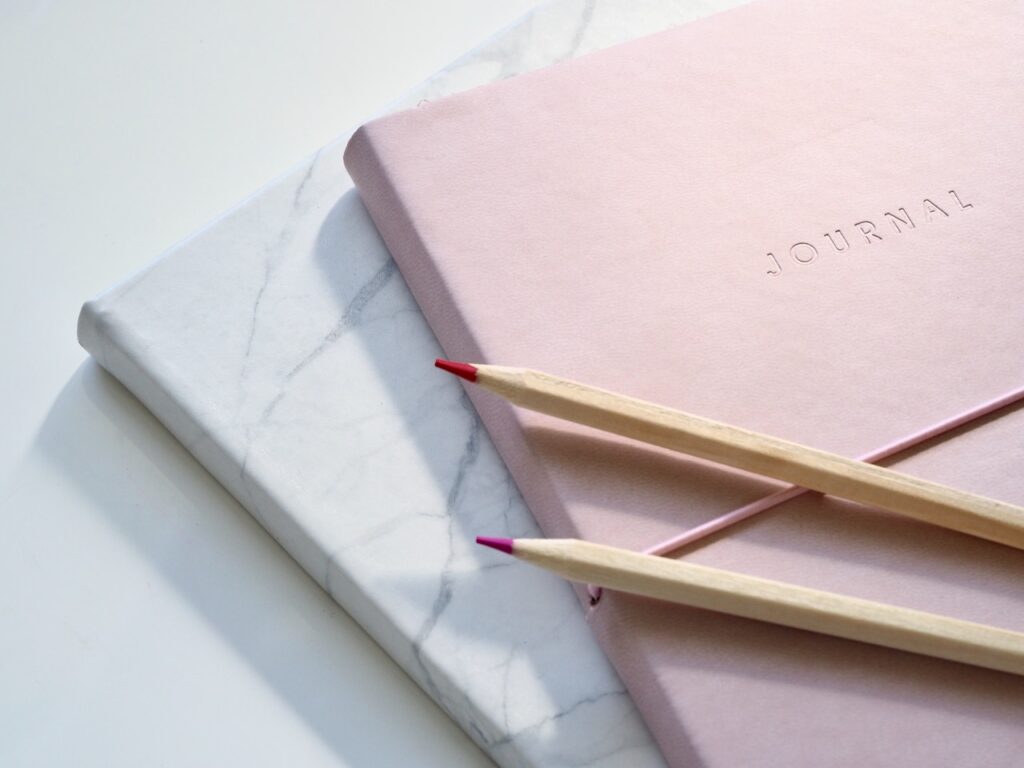
10. Journal Your Fears
If you're struggling with sleep anxiety, try journaling your fears. This can help you identify the thoughts and emotions that keep you up at night. Once you know what's causing your anxiety, you can start to address it.
To journal your fears, set a timer for 5-10 minutes and write down whatever comes to mind. Don't worry about grammar or punctuation. Just let the words flow.
When you're finished, read over your entries and look for patterns. For example, are there specific topics that trigger your anxiety? Once you identify these triggers, you can start to work on them.
11. Don't Lie in Bed Awake
If you can't fall asleep, don't lie in bed awake. This will only increase your anxiety and make it harder to sleep. Instead, get up and do something calming, such as reading or journaling.
Once you're sleepy, head back to bed and try to fall asleep. If you can't sleep within 20 minutes, repeat this process.
12. See a Therapist
If your sleep anxiety is severe or persistent, see a therapist. A therapist can help you identify the thoughts and emotions that keep you up at night. They can also teach you coping mechanisms to deal with your anxiety.
Cognitive behavioral therapy (CBT) is an effective treatment for sleep anxiety. In CBT, you learn to identify and change the thoughts and behaviors that keep you up at night.
5 Best Sleep Positions for Anxiety
Explore these 5 positions
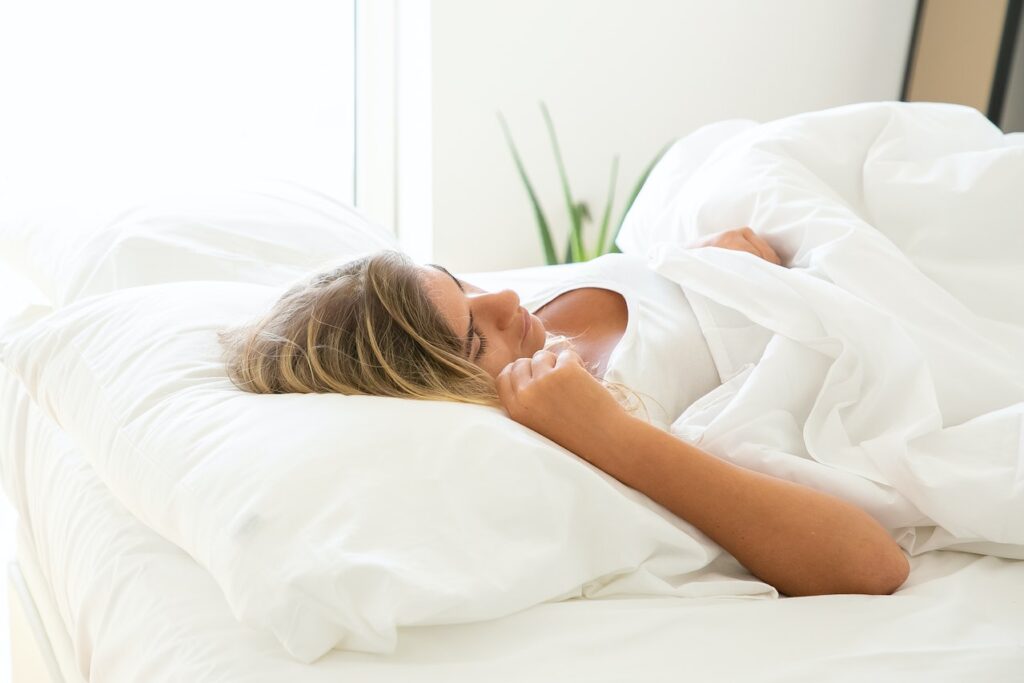
Your Back
As a result of your body not bending or folding, back sleeping is widely regarded as the best position for your spine. As a result, sleeping on your back might also help with your anxiety.
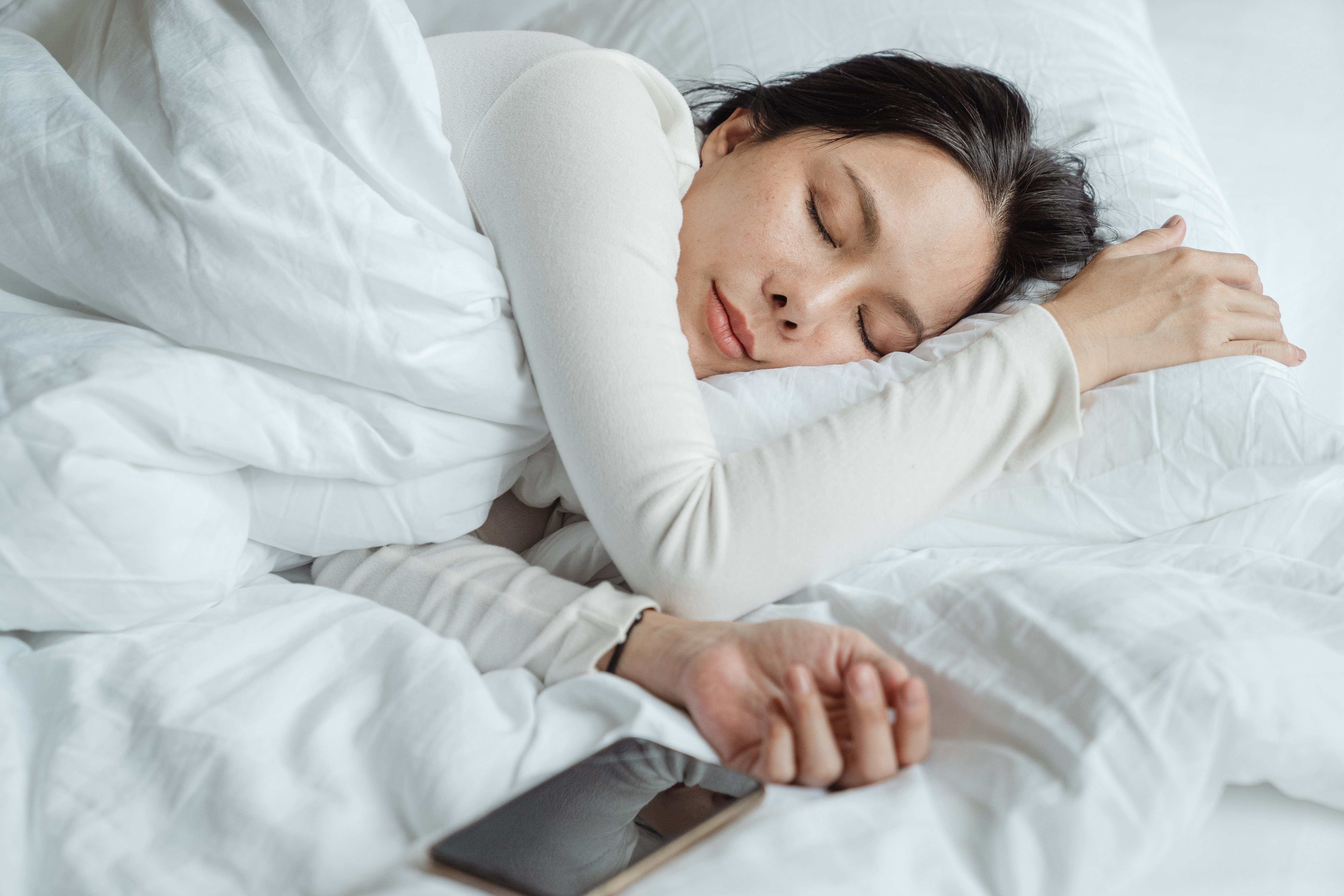
Left Side
Make yourself comfortable by lying on your left side. This position can decrease snoring and sleep apnea effects.
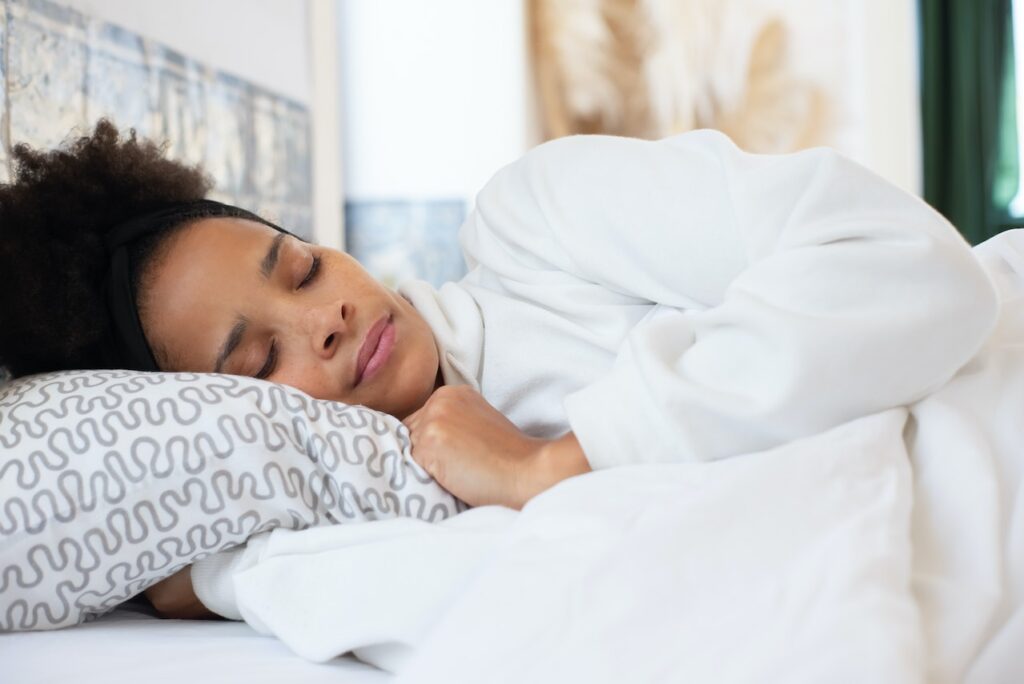
Right Side
Stretch your body or enjoy a fetal position by bending your legs and drawing your knees to your upper body while lying on the right side. This position will allow you to avoid the problems of supine sleep mentioned above.
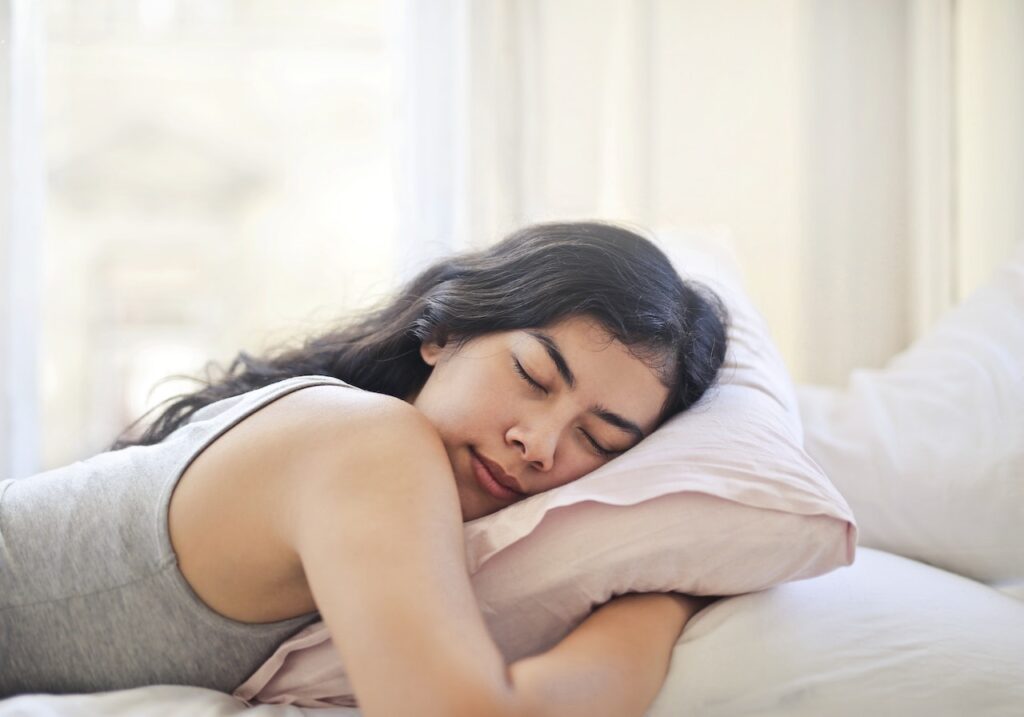
Your Stomach
Although sleeping on your stomach might provide you with a feeling of comfort and joy, the effects this position creates are quite ambiguous. It may also cause back and neck pain and put pressure on your low back, so don’t overuse it.
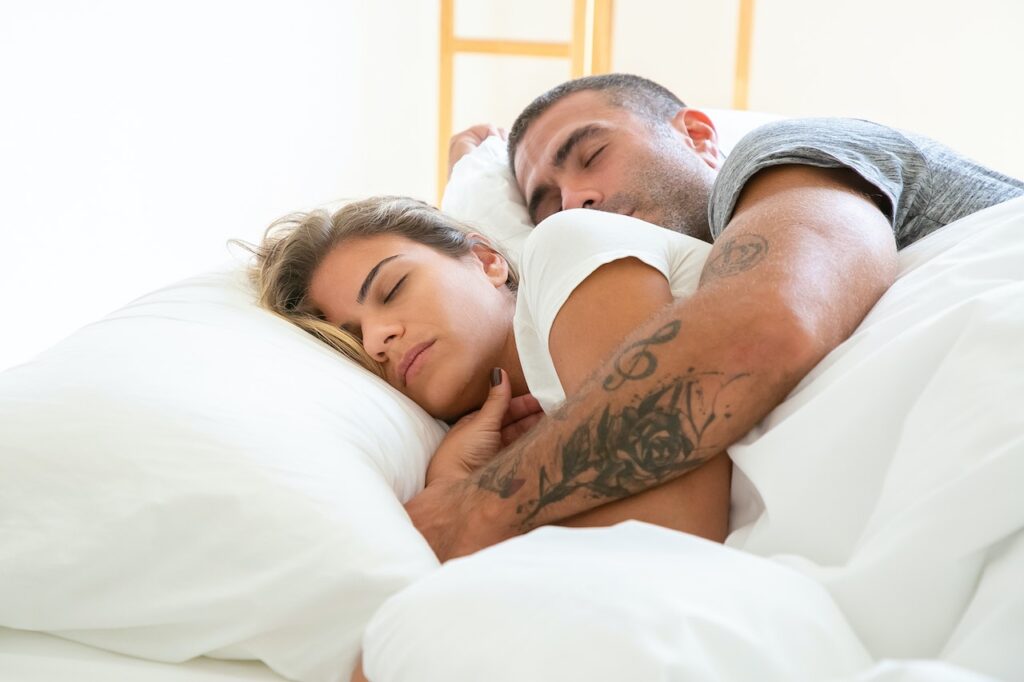
Spoon Position (for Couples)
In spooning, one partner assumes the "big spoon" role and encloses the other in a sideways hug, which creates a feeling of safety. It is also a very cozy sleeping position, so you should definitely try it as a couple.
All in All
Sleep anxiety can be a frustrating and debilitating problem. If you're struggling with sleep anxiety, try these tips from Eleviate to calm down at night. Moreover, you will find lots of meditations to help you deal with stress more effectively and sleep better in our app.
If your sleep anxiety is severe or persistent, see a therapist. CBT is an effective treatment for sleep anxiety and can help you identify and change the thoughts and behaviors that keep you up at night.

